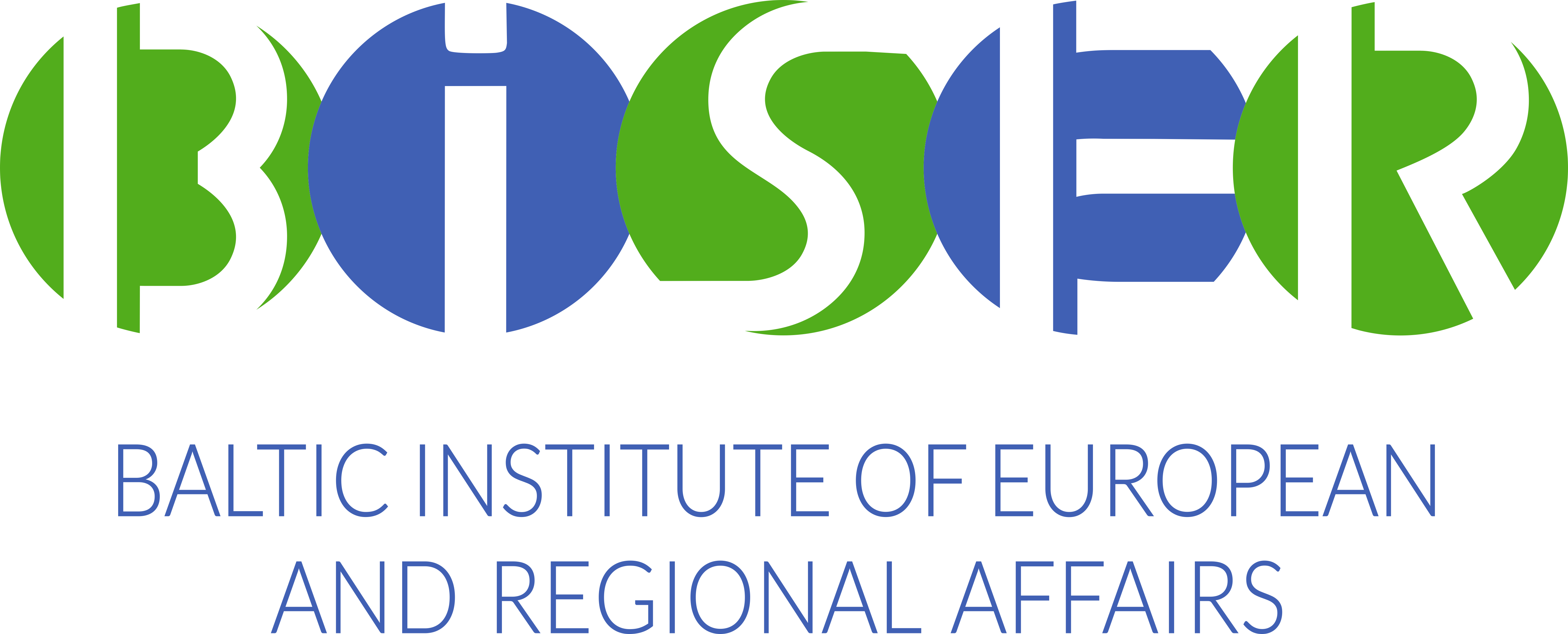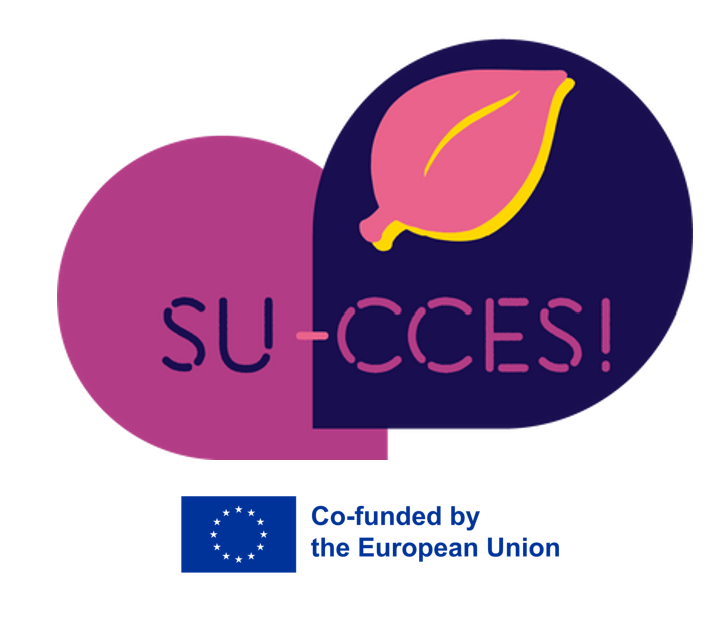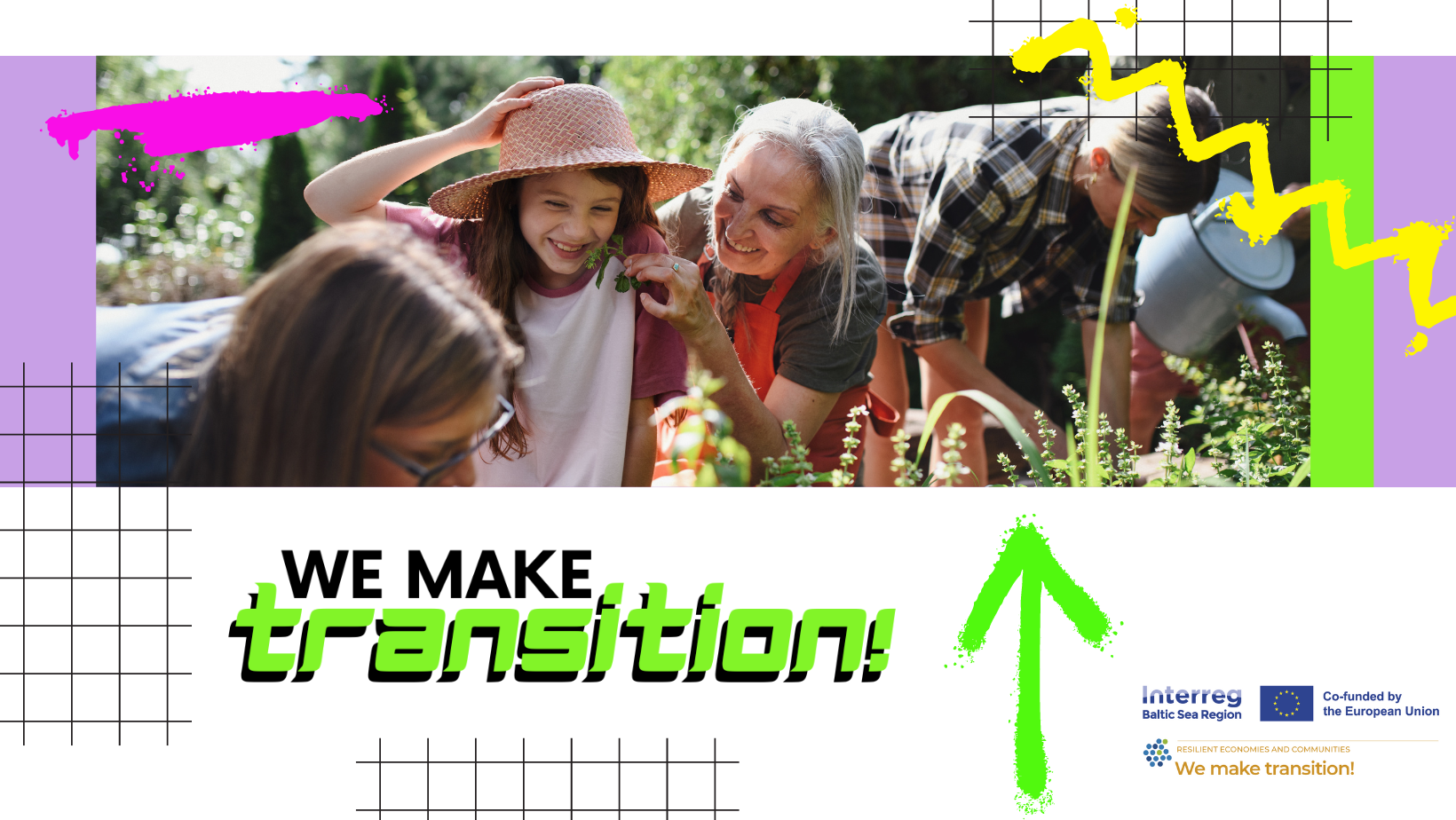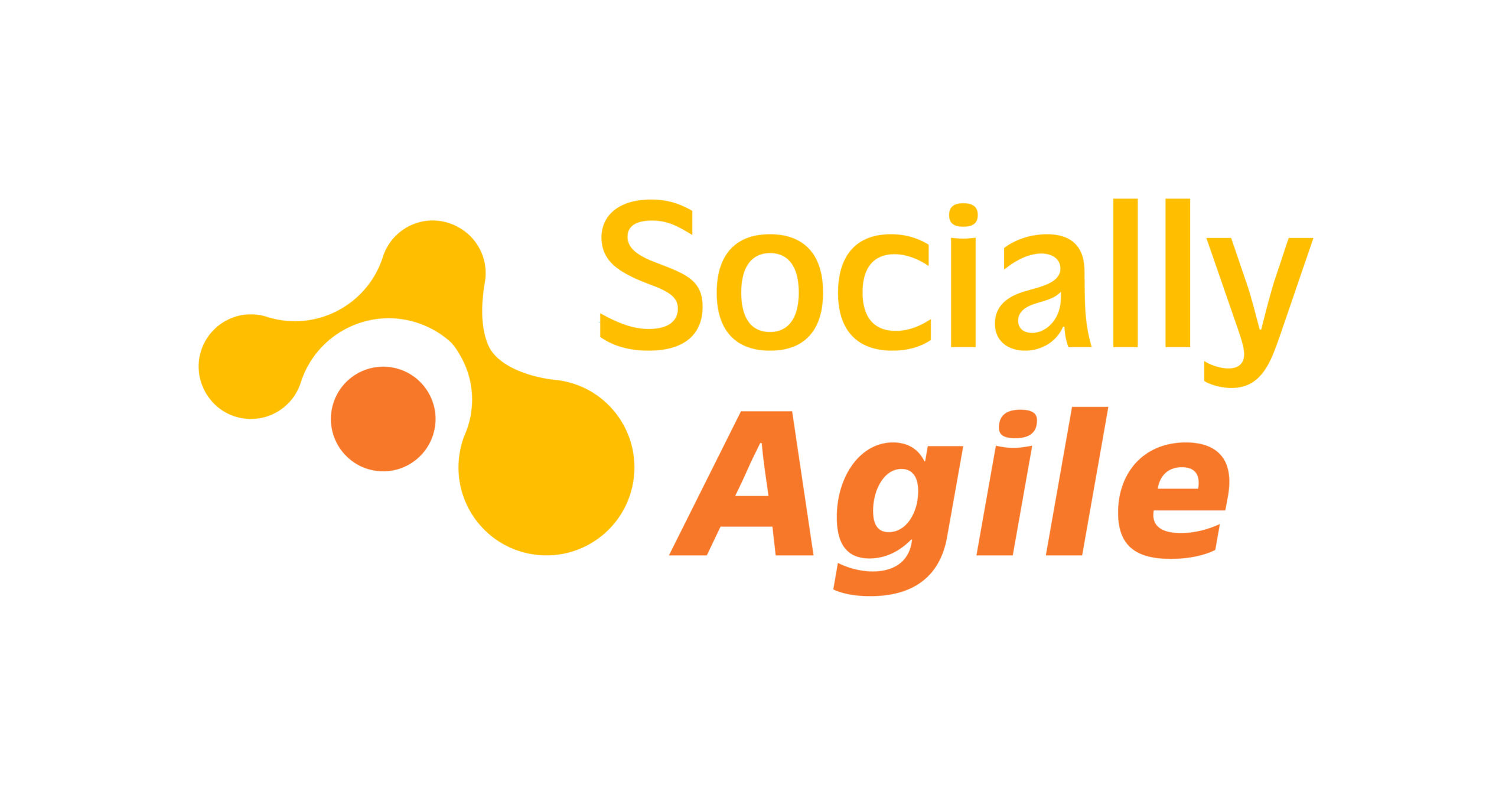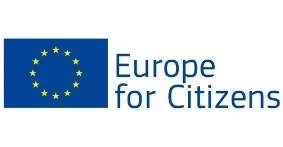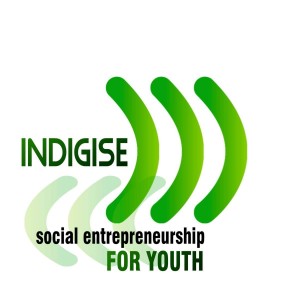This policy brief on Making the Most of the Social Economy’s Contribution to the Circular Economy was produced by the OECD and the European Commission and is part of the LEED Paper series that presents innovative ideas and practical examples on how to boost local development and job creation (https://doi.org/10.1787/20794797).
The brief defines concepts of both the circular and social economy and describes the potential of the social economy in supporting circular activities and related business models and in reinforcing the uptake of circularity in our economies and societies. It finally identifies policy orientations that build on the complementarity of the social and circular economies, and help the social economy support circularity and drive a green and inclusive transition. Policy briefs are short reports designed for policymakers and practitioners, which are part of a series of documents produced by the OECD on social enterprises and social entrepreneurship with the support of the European Commission.
The policy briefs, co-authored with the European Commission, cover a range of topics including the social economy and its contribution to the circular economy, scaling the impact of social enterprises and social impact measurement for social enterprises. The series also includes Good Practice Compendium for boosting Social Enterprise Development and in-depth country reviews on social entrepreneurship including recent studies on Brandenburg (Germany), Estonia, the Netherlands and Lithuania.
These publications can be accessed at: https://www.oecd.org/cfe/leed/social-economy/
or download it from our website:
European Commission, Directorate-General for Employment, Social Affairs and Inclusion, Organisation for Economic Co-operation and Development, Policy brief on making the most of the social economy’s contribution to the circular economy, 2022,
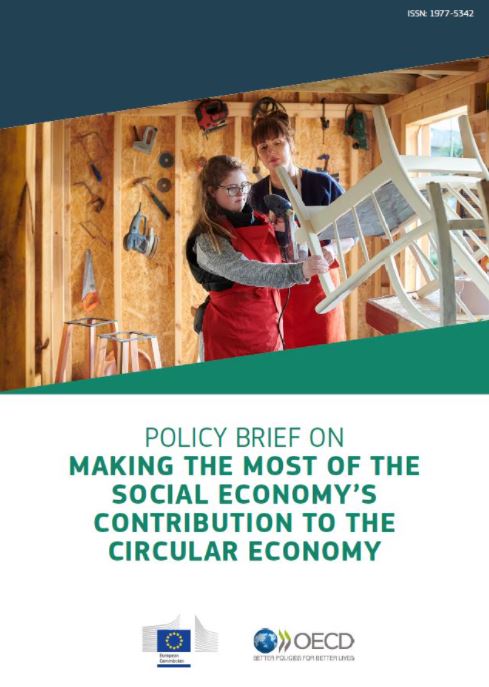
This publication has been prepared within INDIGISE project. The content of this publication is the sole responsibility of the project coordinator and may not always reflect the views of the European Commission or the National Agency.
